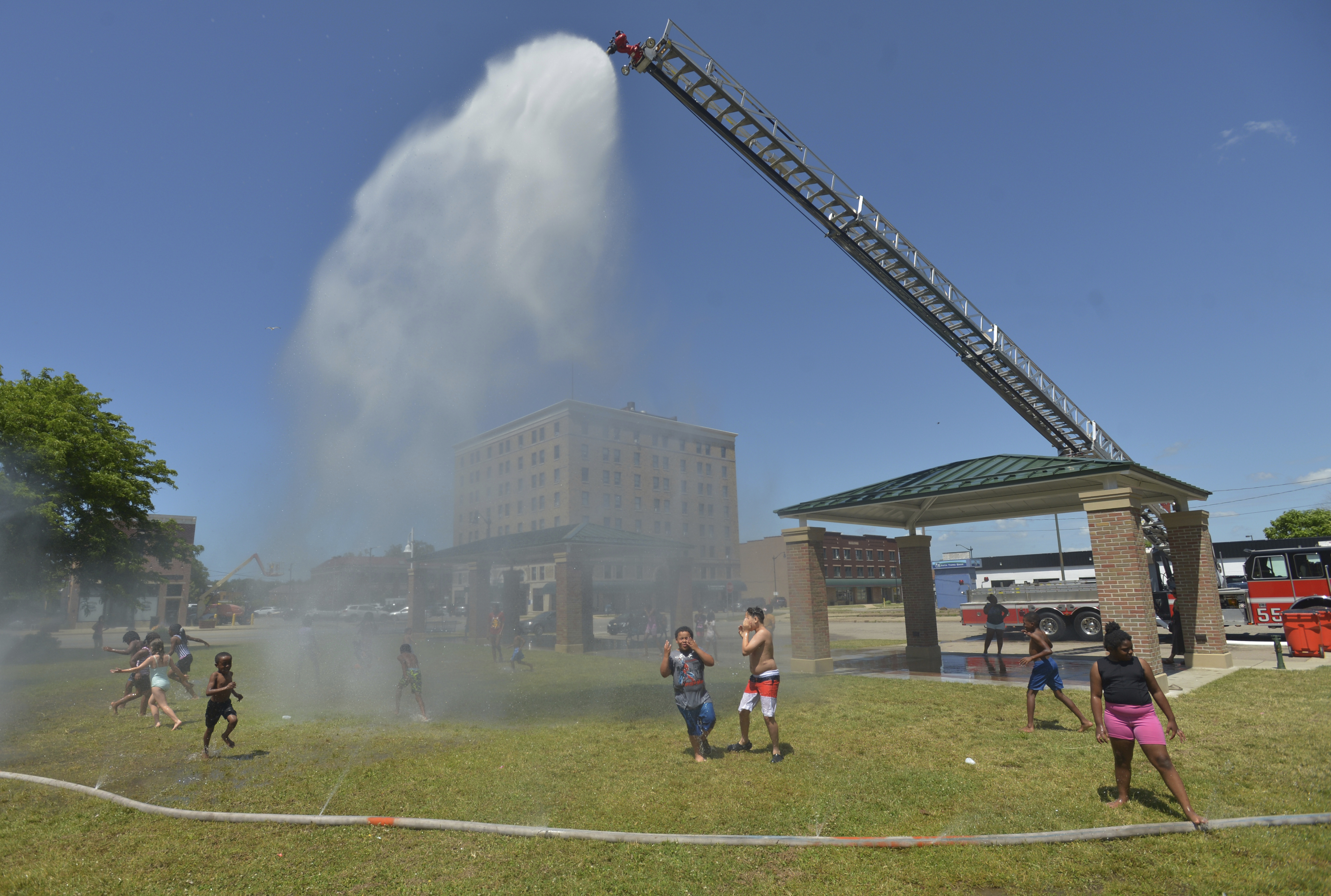Millions in US under heat wave: Could it affect the power grid?
- Heat index readings for some areas expected to reach 100-105 degrees
- Electricity bills rising as home cooling costs are up nearly 8%
- Some places might see power shortages in more extreme summer conditions
Testing on staging11
(NewsNation) — A major heat wave is engulfing much of the country right now, shattering records along the way.
Cities and towns across the country are opening up cooling centers and canceling outdoor activities like youth sports and field trips as temperatures get higher.
The National Weather Service said dangerous temperatures were expected to peak in the eastern Great Lakes and New England on Wednesday and Thursday and then the Ohio Valley and Mid-Atlantic on Friday and Saturday. Heat index readings were expected to reach 100 to 105 degrees in many of these locations.
This heat, affecting tens of millions of Americans, isn’t just uncomfortable — it’s also hurting wallets. Electricity bills are expected to reach record-breaking levels as well. The National Energy Assistance Directors Association and the Center for Energy, Poverty, and Climate projects in a recent report that the average cost of home cooling will be $719, up nearly 8% over last year. So far, the average cost of a monthly electric bill is around $173 per month.
Effects on the Power Grid
If demand for electricity does end up being higher than anticipated, or if there is less electricity generated than expected, some areas of the U.S. could see supply shortages, the North American Electric Reliability Corporation said in its 2024 Summer Reliability Assessment.
No specific parts of the country evaluated by NERC were considered “high risk” this summer, a designation that indicates they are at risk of outages during normal summer conditions. Some places, however, including areas of California, the Southwest, the Midwest, Texas, and New England, could see electricity supply shortages in more extreme summer conditions.
NERC writes that as temperatures rise and people blast their air conditioning, there will be more electricity demand, which could affect reliability and increase the risk of power plant outages or reduced output from heat-related issues.
“In addition, widespread heat waves can limit the typical movement of electricity because it is needed to meet increased local demand,” NERC wrote. “Transmission can be limited due to the risk of overheating, natural disasters (such as wildfires), and insufficient capacity to carry energy where it needs to go.”
The Associated Press contributed to this report.





